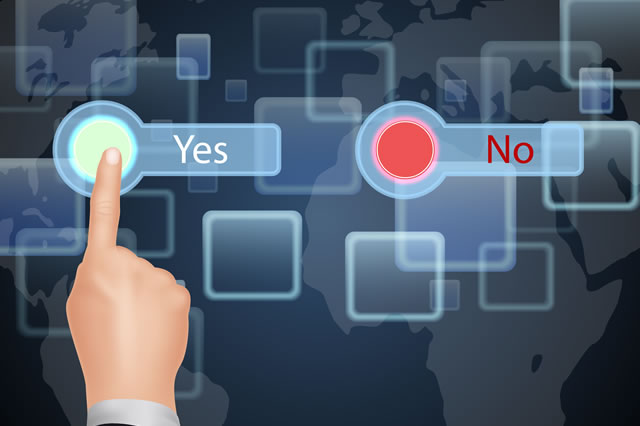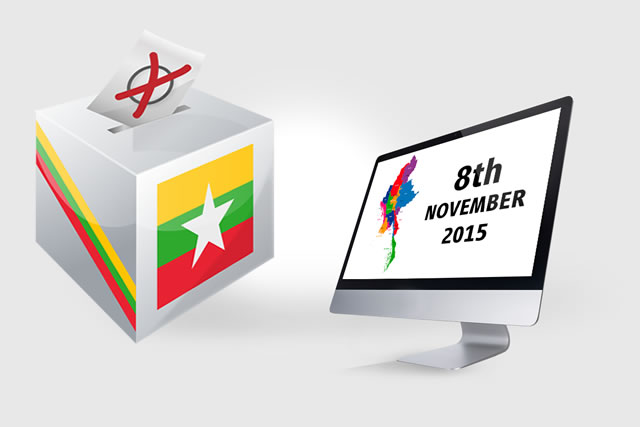ICTs and Elections: Challenges for Freedom of Expression

On June 19th 2015, MCRB hosted a presentation on ICTs and Elections: Challenges for Freedom of Expression. The session, which was attended by 30 mostly civil society participants working on election issues, addressed the benefits that Information and Communication Technology (ICTs) can bring to elections, such as stimulating debate, the exchange of ideas and increased participation in the political process.
However, elections can also be a time of increased tension in the run up to polling day. Communication platforms such as social media and SMS can be used both positively and negatively, for example through organising peaceful meetings, marches and protests, or to fan these tensions through the spread of “hate speech”. Governments sometimes take action to restrict these activities, by asking ICT companies to restrict certain online content, block access to services such as social media or SMS, or shutdown mobile and internet networks altogether.
While these government actions may be done in the name of safety and security, when the actions are not legal, necessary or proportionate, they can impact fundamental human rights. As Myanmar approaches planned elections in November 2015, the event discussed the opportunities and challenges for freedom of expression and other human rights.
Lucy Purdon from MCRB’s sister organization, the Institute for Human Rights and Business (IHRB) in the UK, presented some findings from two case studies from the Digital Dangers project: Corporate Responses to Hate Speech in the 2013 Kenyan Elections (Case Study: Safaricom) and the forthcoming Corporate Responses to Network Disconnection (Case Study: Telenor Pakistan).
Drawing on examples from the case studies, the presentation (available for download above) and following discussion focused on the impacts of these actions on human rights, how these actions may affect Myanmar in the run up to elections, and how government, business and civil society can act in a way to help ensure Myanmar’s elections pass peacefully.
Read also
- Information and Communication Technologies (ICT) Sector and Digital Rights
- MCRB Submits Input to OHCHR on the Right to Privacy in the Digital Age
- MCRB Submits Input to OHCHR on the Practical Application of the UNGPs to the Tech Sector
- Update on Draft Cybersecurity Law and its Impacts on Digital Rights and the Digital Economy
- Myanmar’s Legal Framework For Cybersecurity Needs To Be Built To International Standards
 English
English မြန်မာ
မြန်မာ မြန်မာ (unicode)
မြန်မာ (unicode)









